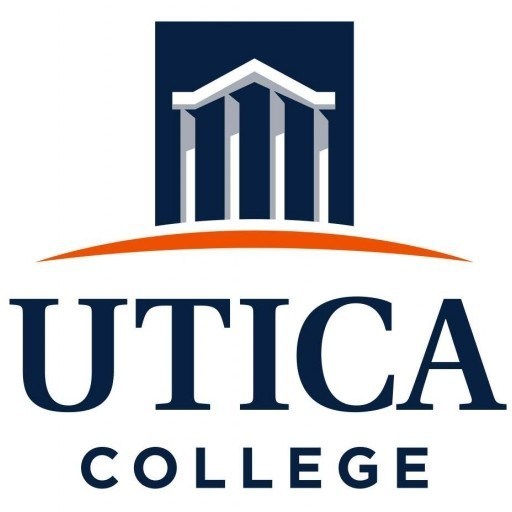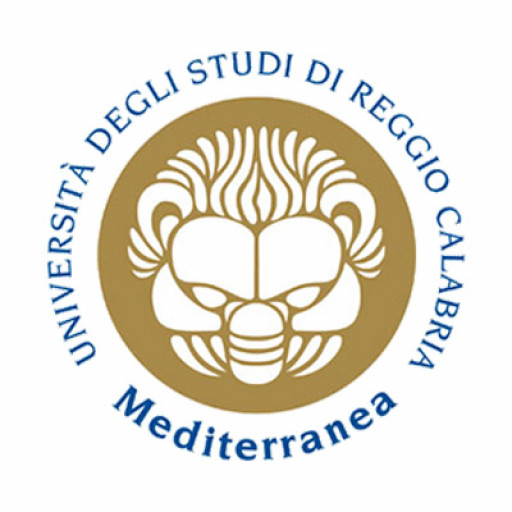Photos of university / #stockholmuniversity
The Bachelor’s Programme in Mathematics and Economics at Stockholm University offers a comprehensive interdisciplinary education designed to equip students with a strong foundation in both mathematical methods and economic theories. This unique program is tailored for students who are interested in understanding complex economic phenomena through rigorous quantitative analysis and mathematical modeling. Throughout the three-year curriculum, students will develop essential skills in areas such as calculus, linear algebra, statistics, microeconomics, macroeconomics, and econometrics, enabling them to analyze and interpret economic data and write advanced models explaining economic behavior.
The program emphasizes both theoretical knowledge and practical application, with courses that involve active problem-solving, data analysis, and computational modeling. Students will learn how to apply mathematical techniques to real-world economic issues, making them highly valuable in sectors such as finance, consulting, government agencies, research institutes, and international organizations. The curriculum also includes courses in programming, data science, and research methods, preparing students for advanced studies or professional careers where analytical skills are essential.
In addition to theoretical courses, students have opportunities to engage in projects and internships that provide insight into current economic challenges, fostering a problem-oriented mindset and professional competence. The program encourages critical thinking and analytical reasoning, which are vital skills in today’s data-driven economic environment. The close collaboration with faculty members who are active researchers in their fields ensures that students are exposed to innovative ideas and current developments in mathematics and economics.
The Bachelor’s Programme in Mathematics and Economics is designed for ambitious students aiming for a solid grounding in quantitative methods combined with a thorough understanding of economic principles. After completing the undergraduate degree, students will be well-prepared to pursue master’s programs in economics, finance, or related fields, or enter the workforce with a skill set that is highly sought after in multiple industries. Studying at Stockholm University also provides students with an international environment and the opportunity to participate in exchange programs and internships abroad, broadening their academic and professional horizons.
The Bachelor's Programme in Mathematics and Economics at Stockholm University combines rigorous mathematical training with a comprehensive understanding of economic theory and analysis. The programme is designed to equip students with the quantitative skills necessary to analyze complex economic problems and to develop a strong foundation in mathematical methods, economic modeling, and statistical techniques. Throughout the studies, students will explore core areas such as calculus, linear algebra, probability theory, and optimization, which are essential for modeling and solving problems in economics and finance.
In addition to mathematical methods, the programme provides in-depth knowledge of microeconomics, macroeconomics, and econometrics, enabling students to understand and analyze economic systems and behavioral patterns. The curriculum includes courses in economic theory, applied economics, and data analysis, preparing students for careers in policy analysis, finance, consulting, or further academic studies.
Students will also have opportunities to develop practical skills through project work, case studies, and internships, gaining firsthand experience in applying theoretical concepts to real-world economic issues. The programme emphasizes critical thinking, problem-solving, and analytical skills, which are highly valued in a broad range of careers both within Sweden and internationally.
The academically challenging environment encourages students to engage actively with research and current economic debates, fostering a deep understanding of how mathematical and economic theories intersect to explain real-world phenomena. Language of instruction is mainly English, with some courses possibly offered in Swedish, providing excellent preparation for international careers.
Graduates of the programme will be well-equipped for advanced studies in economics or mathematics, or to pursue careers in sectors such as finance, government agencies, research institutions, or international organizations. By combining mathematical techniques with economic analysis, the programme aims to produce graduates capable of contributing to innovative solutions for contemporary economic challenges.
Program requirements for the Bachelor's Programme in Mathematics and Economics at Stockholm University include a combination of compulsory courses, electives, and project work designed to provide students with a solid foundation in both disciplines. Applicants are expected to have completed upper secondary education with specific subject requirements, including advanced mathematics, economics, and social sciences. Proficiency in English is mandatory, typically demonstrated through standardized tests such as the TOEFL or IELTS, meeting the minimum score requirements specified by the university. The programme emphasizes developing analytical, quantitative, and theoretical skills, so applicants should demonstrate strong aptitude in mathematics, logical reasoning, and economic analysis during the admission process.
Once admitted, students are required to complete core courses in mathematics, including calculus, linear algebra, and statistics, alongside foundational economics topics such as microeconomics, macroeconomics, and economic theory. Courses are structured to build progressively from introductory to advanced levels, encouraging rigorous understanding and application. In addition to compulsory modules, students are encouraged to select electives aligning with their interests, which may include economics, finance, data analysis, or mathematical modeling. The programme also includes a final project or thesis, where students apply their acquired knowledge to real-world economic problems, demonstrating analytical and research skills.
Students are expected to actively participate in seminars, workshops, and group work that foster collaborative learning and practical insight. Internship opportunities or work placements may be available for students wishing to gain industry experience, although these are not formally required. The overall program aims to prepare graduates for careers in economics, finance, research, or further studies at master's level. To successfully complete the programme, students must earn a minimum number of credits by passing all coursework, exams, and project assessments as outlined in the official curriculum. Successful graduates receive a Bachelor of Science degree in Mathematics and Economics, qualifying them for professional roles or graduate studies in related fields.
Financing studies for the Mathematics and Economics programme at Stockholm University are designed to support students throughout their academic journey and facilitate their access to quality higher education. The university offers a range of financial aid options, including government grants, scholarships, and student loans, primarily available to Swedish citizens and residents, as well as international students who meet specific criteria. Prospective students are encouraged to explore Swedish government student aid (CSN), which provides financial support in the form of grants and loans to eligible students studying within Sweden. International students may also have access to certain scholarships based on academic merit, residence status, or special agreements between Stockholm University and other institutions. The university periodically allocates internal scholarships aimed at promoting diversity and supporting students with financial challenges, although these are highly competitive. Additionally, students are responsible for funding their living expenses, accommodation, textbooks, and other study-related costs, which can be managed through part-time employment opportunities available in the Stockholm area. The university's career center offers guidance on securing part-time jobs, internships, and other income-generating activities aligned with students' schedules. While the university itself does not provide direct tuition fee waivers for international students in all programmes, some degree programmes may be eligible for tuition fee reductions or waivers for students from specific countries or under certain scholarship schemes. Students are also encouraged to seek external funding sources such as private foundations, international organizations, and scholarships dedicated to economic and academic excellence. It is important for prospective students to verify the specific financing options available for the Mathematics and Economics programme at Stockholm University by consulting the official university admissions site and relevant financial aid offices to ensure they have accurate and current information. Overall, financing a degree in Mathematics and Economics at Stockholm University requires planning, careful research into available resources, and proactive engagement with scholarship and aid opportunities to make the study experience financially feasible and sustainable.
The Bachelor’s Programme in Mathematics and Economics at Stockholm University offers students a comprehensive education that combines rigorous training in mathematical methods with an in-depth understanding of economic theories and models. This interdisciplinary program is designed to equip students with the analytical and quantitative skills necessary to analyze complex economic issues and develop innovative solutions using mathematical techniques. The curriculum includes courses in advanced mathematics such as calculus, linear algebra, probability theory, and mathematical analysis, as well as core economics courses covering microeconomics, macroeconomics, economic policy, and international economics. Students also have the opportunity to specialize further through elective courses, choosing areas such as financial mathematics, econometrics, game theory, or public economics. The program emphasizes a strong foundation in analytical thinking and problem-solving, preparing graduates for careers in finance, consulting, government agencies, research institutions, or continued academic studies. Teaching methods include lectures, seminars, project work, and group discussions, fostering a collaborative learning environment. The program is conducted in English and is part of Stockholm University’s commitment to providing high-quality, research-based education that is internationally recognized. Students benefit from access to university resources, including modern computing laboratories, extensive libraries, and internships with economic and mathematical organizations. Graduates of this program often pursue Master’s degrees in Economics, Finance, or Mathematical Modelling, or enter the workforce directly, using their skills to analyze data, develop economic models, or advise on policy. The program also encourages academic mobility, with opportunities for exchange studies within Europe and partnerships with universities worldwide. Overall, the Bachelor’s Programme in Mathematics and Economics at Stockholm University aims to develop highly competent, analytically skilled individuals who are equipped to address the economic and mathematical challenges of the modern world.










